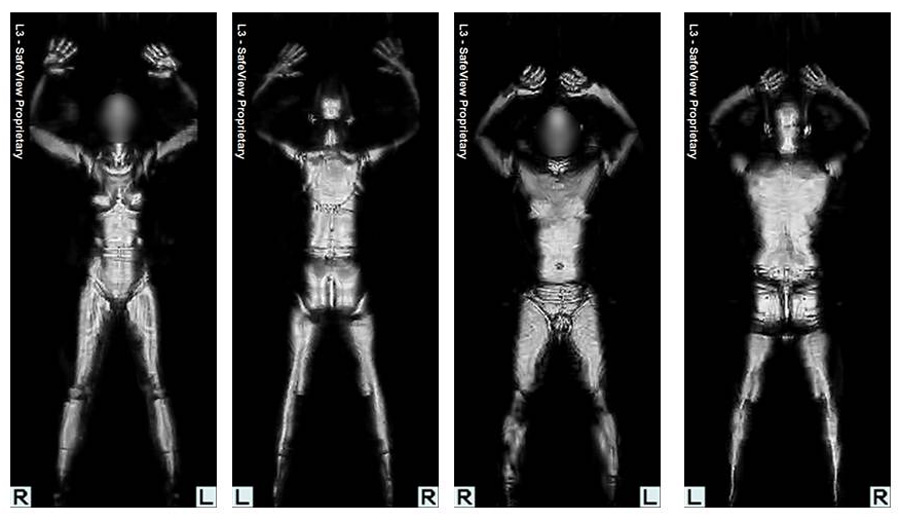CONTACT: Micah McCoy, (505) 266-5915 Ext. 1003 or [email protected]
ALBUQUERQUE, NM - The ACLU of New Mexico (ACLU-NM) is stunned and saddened by yesterday’s announcement that the New Mexico Conference of Catholic Bishops will actively oppose the Domestic Partners Rights and Responsibilities Act. After indicating that they would consider a neutral stance on the bill if all reference to “marriage” was removed, the archdiocese now refuses to collaborate with equality advocates outright.
Throughout the State of New Mexico, thousands of committed couples—both same-sex and straight—live without the benefits and protections that married couples take for granted. Domestic partners and their families are denied basic and essential protections such as health insurance, disability benefits and the right to care for a partner with sick or paid leave. When tragedy strikes, domestic partners currently have no say in the medical, legal and financial decision making on behalf of their loved ones.
Disregarding the thousands of men, women and children this bill would protect, the Conference of Catholic Bishops chose to oppose this crucial legislation for fear it might be a “steppingstone to marriage”.
"We are deeply disappointed by the archdiocese's refusal to collaborate with us on this important legislation,” said ACLU-NM Executive Director Peter Simonson. “The ACLU and allied partners did everything humanly possible to satisfy their concerns about the language of the bill, and still the archdiocese would not budge. It is a shame that such a powerful voice has chosen to speak out against equality and fairness for New Mexican families.”
The current 800-page domestic partnership bill was painstakingly drafted specifically to address the Conference of Catholic Bishops’ concerns. Marriage is mentioned nowhere in the bill and a religious exemption clause explicitly protects faith communities who oppose domestic partnerships on moral grounds.
“I am confident that the day will soon come when domestic partners enjoy full legal recognition of their relationships,” said Simonson. “The ACLU is committed to that struggle."
###
The mission of the American Civil Liberties Union (ACLU) of New Mexico is to maintain and advance the cause of civil liberties within the state of New Mexico, with particular emphasis on the freedom of religion, speech, press, association, and assemblage, and the right to vote, due process of law and equal protection of law, and to take any legitimate action in the furtherance and defense of such purposes. These objectives shall be sought wholly without political partisanship.
